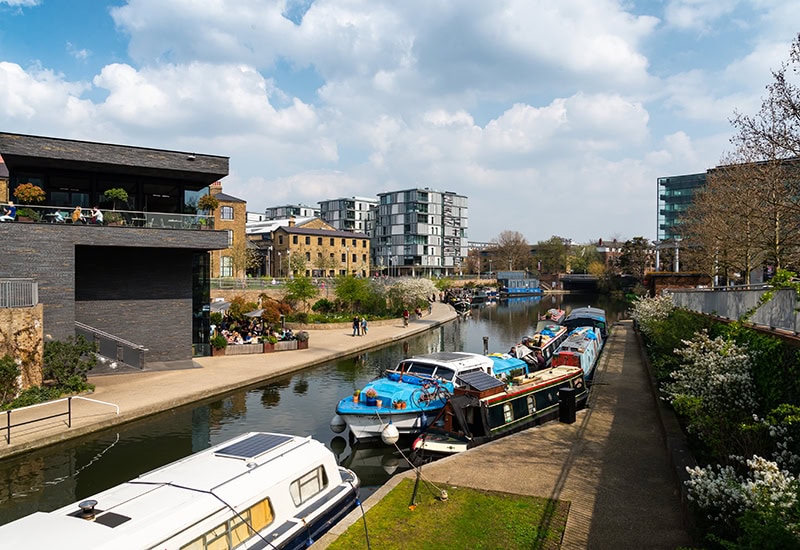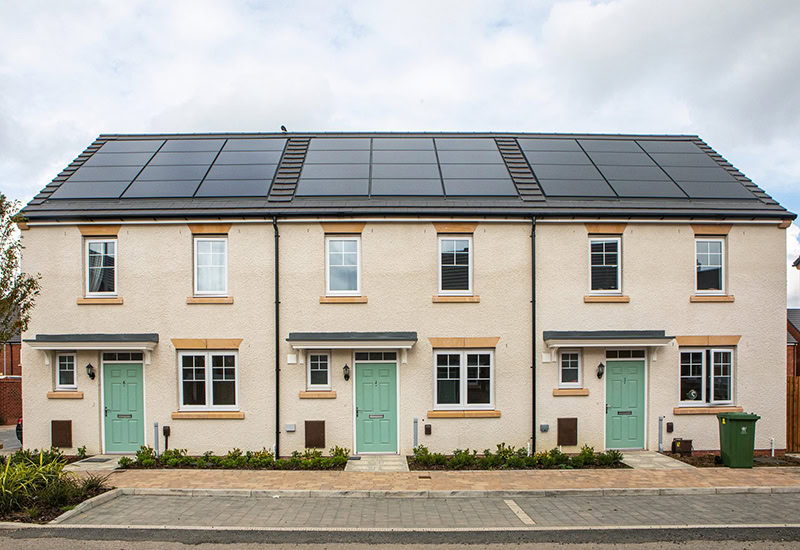Smart Energy Islands used smart technology to reduce the carbon footprint of the Isles of Scilly and increase the consumption of locally-produced, renewable energy.
Passiv used its Smart Energy Platform and heat pump controls to provide low-carbon heating and Demand Side Response services. The homes involved in the project saw average energy bill reductions of 20%.
Smart Energy Islands was a major project to help the residents and businesses of the Isles of Scilly to move to a lower-carbon economy. With funding support from the European Regional Development Fund, Smart Energy Islands used smart technology, including an Internet of Things platform and Artificial Intelligence, to reduce the carbon footprint of the island whilst optimising locally-produced, renewable energy. The project was led by Hitachi, with Passiv, Moixa and the Council of the Isles of Scilly as project partners.
The project aimed to support the Council of the Isles of Scilly in meeting their carbon emissions targets. The islands are carbon-intensive, ranking 8th highest in England for fuel poverty, due to their dependence on electricity and imported fossil fuels, such as heating oil. However, the Isles of Scilly have bold energy goals for their future. By 2025, the Council aims to provide 40% of the Islands electricity demand from renewable sources, reduce electricity bills by 40% percent and ensure 40% percent of vehicles on the islands are low-carbon.
Smart Energy Islands delivered an Internet of Things platform for the Isles of Scilly that managed solar PV generation, electric vehicles, home batteries, smart heating technologies and hot water cylinders to optimise local energy use. This technology was installed in 82 social housing properties on the Isles of Scilly.
Passiv used its Smart Energy Platform and heat pump controls to provide low-carbon heating as part of the trial. The Passiv platform prioritised households’ heating and hot water comfort choices, optimising the heat pump to reduce running costs with spare capacity used to manage flexibility within the energy network.
The homes involved in the project saw average energy bill reductions of 20%, demonstrating how the installation and smart optimisation of low-carbon technologies can make a significant contribution to reducing the Isles of Scilly’s carbon footprint.
The project also explored how domestic low-carbon technologies could play a role in the smart management of the islands’ electricity grid through Demand Side Response. Using the Passiv Smart Energy Platform and heat pump controls, demand was increased by up to 31% of installed capacity and reduced by up to 9% of installed capacity following a dispatch instruction. This demonstrated how domestic flexibility can be used to improve the integration of renewable generation into the islands’ electricity grid.
Further Information
View the final report here – Smart Energy Islands Project


